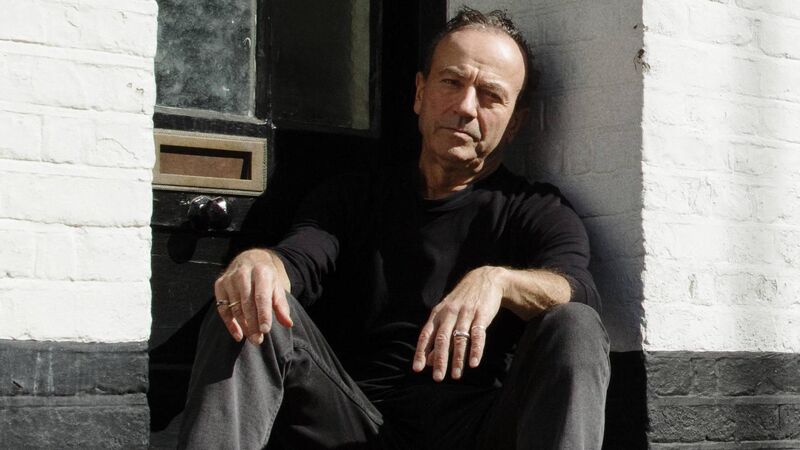Culture That Made Me: Hugh Cornwell of The Stranglers

Hugh Cornwell plays Cork, Galway and Dublin. Picture: Bertrand Fevre
Hugh Cornwell, 73, grew up in north London.
In 1974, the Stranglers formed with Cornwell as lead singer-guitarist and songwriter. They were the UK’s most commercially successful band from the punk era. Hits included ‘Golden Brown’ and ‘Always the Sun’.




